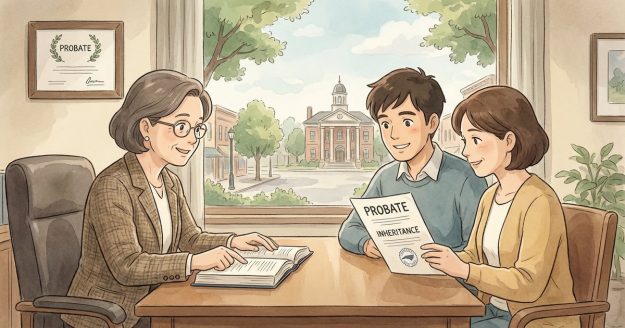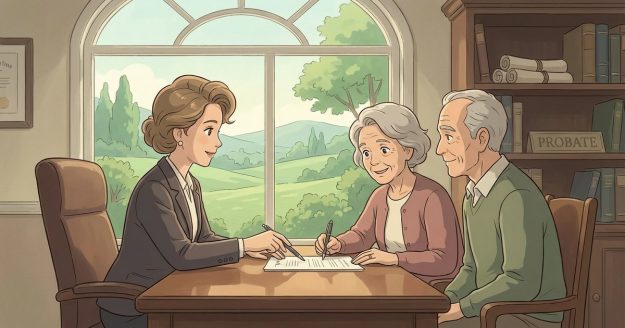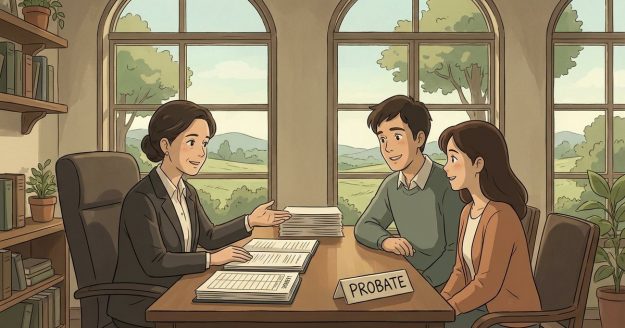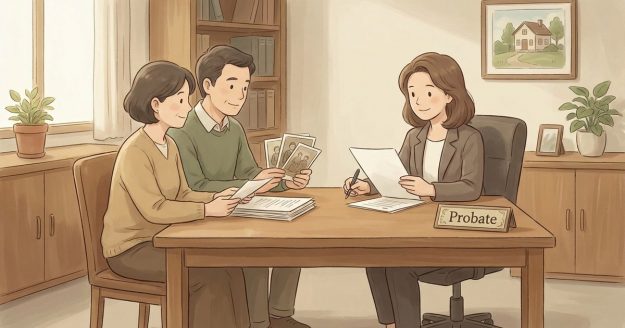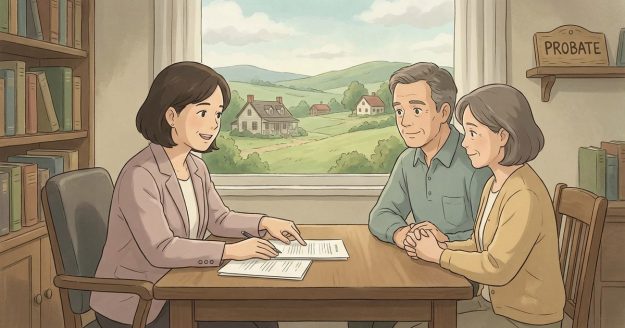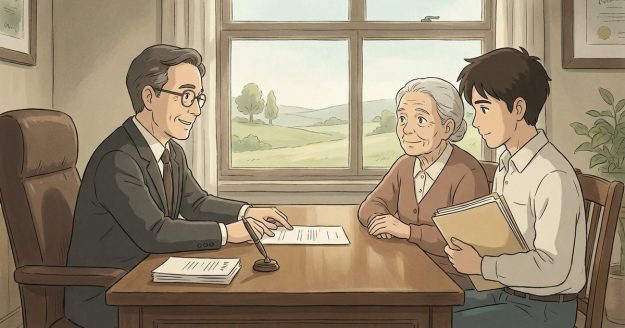Is there a time limit to bring a claim about a childhood inheritance that was taken or mismanaged? NC
Is there a time limit to bring a claim about a childhood inheritance that was taken or mismanaged? – North Carolina Short Answer Yes. In North Carolina, the time limit depends on what legal relationship controlled the inheritance (for example, a custodial trust, a formal trust, or a guardianship/estate arrangement) and when the beneficiary became…

